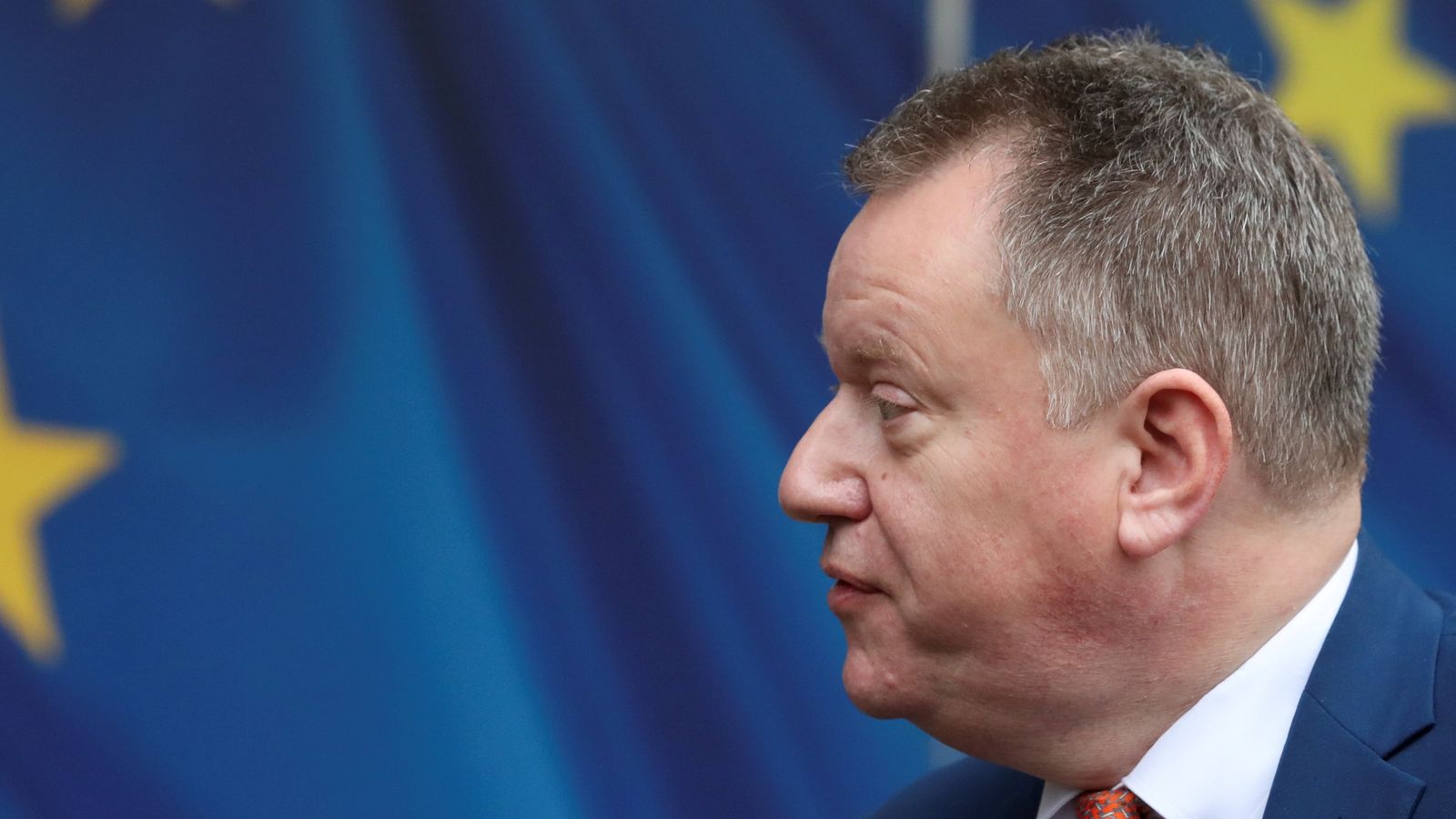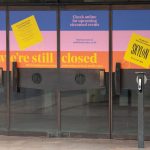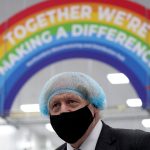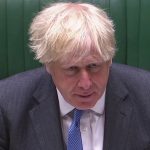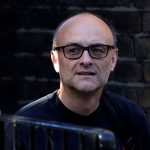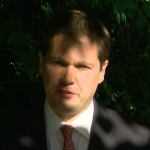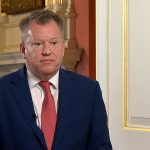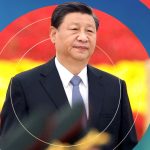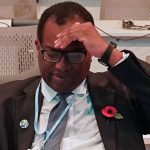Moving away from EU rules is a “national necessity” and the UK must strive towards lower taxes to be successful, Brexit minister Lord Frost has said.
The Conservative peer warned the UK “cannot carry on as before” and urged the country to “step up and compete at a global level” after leaving the European Union.
In a speech at a Centre for Policy Studies conference on global trade, Lord Frost looked beyond his immediate post-Brexit task of easing tensions over border arrangements for Northern Ireland.
He spoke of the importance of Britain’s “divergence” from Brussels, warned against copying the “European social model”, and also pointedly praised Chancellor Rishi Sunak’s vision of lower taxes.
Please use Chrome browser for a more accessible video player
Lord Frost admitted that his current negotiations with the EU over the Northern Ireland Protocol – which the UK government has threatened to suspend, in part, with the use of Article 16 – was his “top priority”.
“When we discuss trade in this country, we must not forget that our most urgent and pressing problem – an issue of the highest national interest – is to make sure we can trade freely within our own country,” he told the conference.
“I don’t think that’s too much to ask and that’s where we need to get to one way or another.”
France fishing row: Paris ‘will not yield’ to UK in Brexit disagreement, Macron says
COVID-19: Government wasn’t ‘fully prepared’ for ‘wide-ranging impacts’ of coronavirus pandemic – report
Brexit: M&S chairman warns EU proposals could increase red tape on Northern Ireland trade
But the Brexit minister also said the government was “beginning this project” of moving away from EU regulations.
“We can’t carry on as we were before,” Lord Frost said. “If, after Brexit, all we do is import the European social model, we will not succeed.
“We haven’t successfully rolled back the frontiers of the EU with Brexit, only to import the European model after all this time.
“So we need to reform fast and those reforms are going to involve doing things differently from the EU.
“If we stick to EU models, but behind our own tariff wall and with a smaller market, obviously we are not going to succeed.
“That’s why I so often talk about divergence. Not for the sake of it, but because it’s a national necessity.”
He added the government was “liberalising the growth areas of the future, to open them up to innovation” including on data reform, gene-editing, transport, medical licensing, and artificial intelligence.
“To some extent unnoticed, we are making changes to the nuts and bolts of some of the core frameworks underpinning the economy to make them less bureaucratic, more dynamic than the EU regimes we left behind,” Lord Frost said.
Subscribe to the All Out Politics podcast on Apple Podcasts, Google Podcasts, Spotify, Spreaker
Following the chancellor’s autumn budget last month, the UK’s tax burden was estimated to be on course to rise to its highest since the 1950s even though Mr Sunak said his ultimate goal was “to reduce taxes”.
Lord Frost threw his weight behind the chancellor’s vision, telling the conference: “The world isn’t standing still and nobody owes us a living and earning one is now fully in our own hands.
“We know what the formula for success as a country is. It’s low taxes. I agree with the chancellor, as he said in his budget speech, our goal must be to reduce taxes.
“It’s about light-touch, proportionate regulation whatever the policy objectives you’re trying to pursue. And, of course, free trade.”
The Brexit minister also fired a warning shot against the continued imposition of “state direction” after the COVID pandemic.
“Unavoidably, we’ve had a lot of state direction and control during the pandemic,” he added.
“That cannot and must not last forever. And I’m glad that it is not.
“I’m very happy that free Britain, or at least merry England, is probably now the freest country in the world as regards COVID restrictions.
“No mask rules, no vaccine passports and long may it remain so.”
